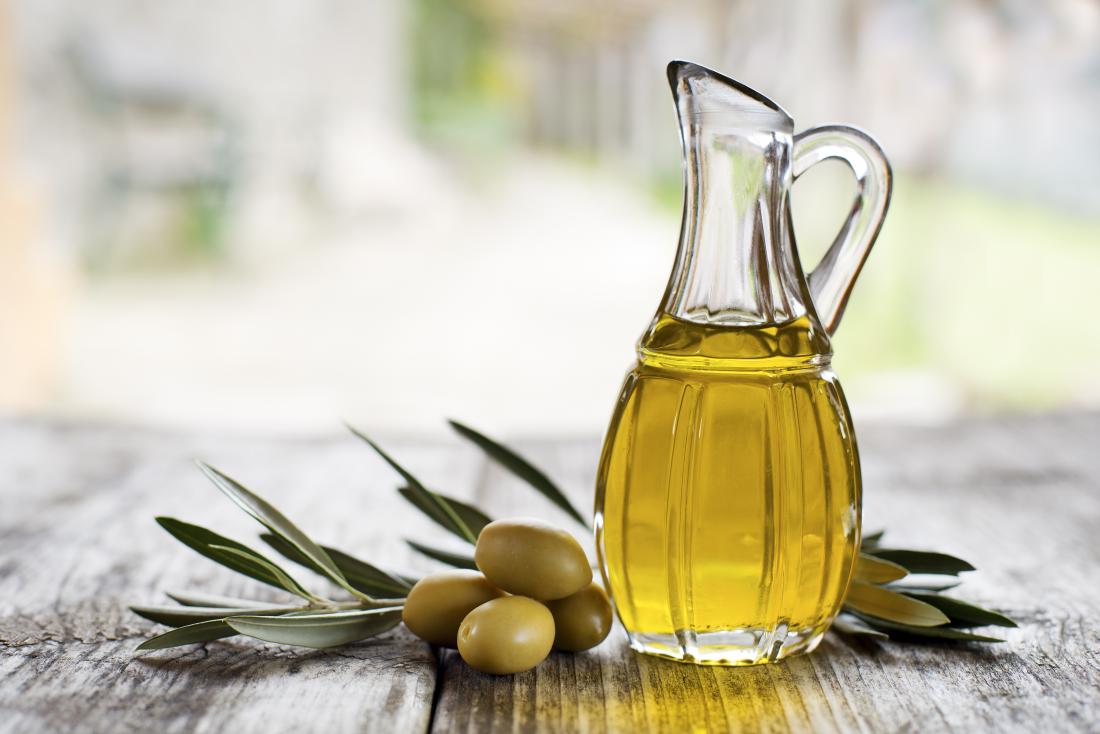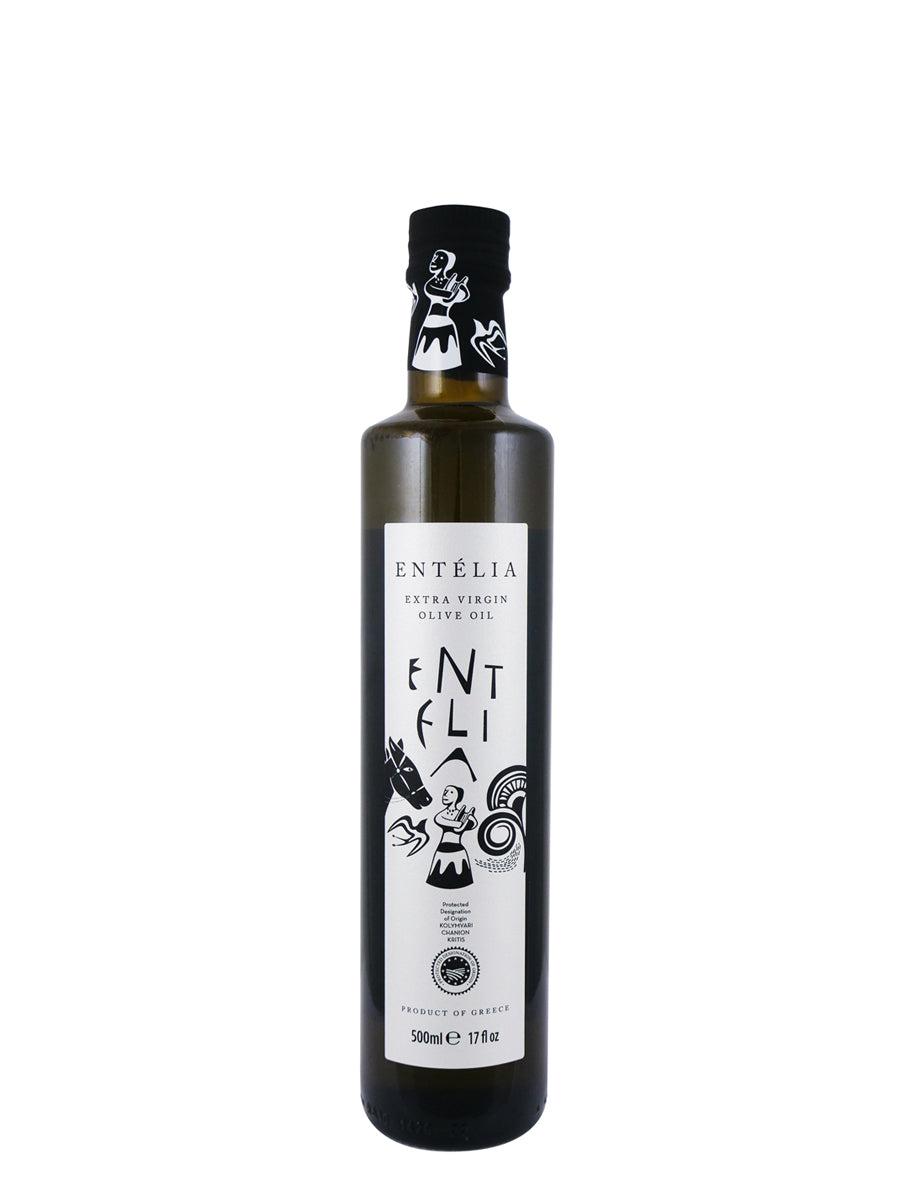Extra Virgin Olive Oil Benefits: The Natural Anti-aging Solution You've Been Searching For
Discovering the Different Kinds of Olive Oil and Their Usages, Consisting Of Extra Virgin Olive Oil
The expedition of olive oil encompasses a diverse variety of types, each offering cooking applications and distinctive flavors. Extra virgin olive oil, renowned for its remarkable top quality and wellness advantages, serves as a staple in many cooking areas, yet it is just one aspect of this multifaceted component.
What Is Olive Oil?
Stemmed from the fruit of the olive tree, olive oil is a staple in Mediterranean food and an essential component in different cooking applications. This flexible oil is generated by pushing entire olives, resulting in a fluid that varies in taste, aroma, and color depending on the sort of olives made use of, the region of cultivation, and the removal procedure. Olive oil is primarily made up of monounsaturated fats, particularly oleic acid, which is recognized for its prospective health and wellness benefits, including anti-inflammatory homes and cardio assistance.
In addition to its culinary uses, olive oil has a long history of application in standard medication and skin care, owing to its rich antioxidant content (extra virgin olive oil benefits). The oil is often made use of in dressings, marinates, and for cooking methods such as sautéing and roasting. Its distinct taste account can improve the taste of different dishes, making it a necessary component for both home chefs and expert cooks
In addition, olive oil is celebrated for its role in the Mediterranean diet, which is associated with many health and wellness benefits. As understanding of these benefits grows, olive oil proceeds to obtain popularity worldwide as a basic part of a healthy lifestyle.
Types of Olive Oil
Comprehending the different kinds of olive oil is necessary for both cooking fanatics and health-conscious consumers. Olive oil is categorized primarily based upon its removal technique and high quality, which significantly affects its taste, aroma, and wellness advantages.

Light olive oil, despite its name, describes a lighter taste and not lower calories. It is optimal for those looking for an extra subtle taste in dressings and marinades. Furthermore, there are flavorful olive oils infused with natural herbs, seasonings, or citrus, which can enhance recipes without the need for additional flavoring.
Each sort of olive oil serves certain cooking functions, and understanding these distinctions permits consumers to make informed options that straighten with their cooking designs and health and wellness objectives.
Extra Virgin Olive Oil
Additional virgin olive oil (EVOO) is widely related to as the best quality olive oil readily available, popular for its rich taste and numerous health and wellness benefits. To be classified as added virgin, the oil should be created from fresh olives utilizing mechanical processes, without making use of solvents or excessive warmth. This careful method preserves the oil's all-natural tastes, anti-oxidants, and healthy fats, leading to a product with a low level of acidity level of less than 0.8%.
EVOO is bountiful in monounsaturated fats, particularly oleic acid, which is linked to reduced inflammation and improved heart wellness. It additionally has polyphenols, effective antioxidants that may provide protective effects versus chronic diseases. The taste profile of EVOO can differ substantially relying on the olive variety and area of production, varying from fruity and grassy to robust and peppery.

Culinary Uses of Olive Oil

In food preparation, olive oil can be made use of for sautéing, toasting, and barbecuing, offering a healthier alternative to butter or other fats. Its high smoke factor makes it ideal for various cooking methods, while its anti-oxidants add to a heart-healthy diet plan. Sprinkling olive oil over finished dishes, such as pasta, fish, or smoked veggies, can raise tastes and include a touch of beauty.
Furthermore, olive oil plays a substantial function in baking, where it can change standard fats in recipes for bread and breads, imparting moisture and a subtle taste. It additionally works as a base for infused oils, permitting cooks to trying out tastes such as garlic, herbs, or chili, even more broadening its cooking potential. Generally, olive oil's adaptability makes it crucial in both home and professional kitchen areas.
Finding High Quality Olive Oil
When selecting quality olive oil, it's crucial to think about numerous essential elements that affect the item's taste, wellness, and fragrance advantages. Decide for added virgin olive oil visit the website (EVOO), which is acquired from the initial cold pushing of olives and consists of the greatest levels of antioxidants and beneficial substances. Look for oils that are certified by identified companies, as this frequently makes sure adherence to rigid quality requirements.
The product packaging also plays a significant duty in preserving the oil's honesty. Select oils saved in dark glass containers or tins to protect versus light deterioration. Take note of the harvest day; fresher oils use remarkable taste and dietary worth, so pick items that are within 18 months of their harvest.
Be mindful of the preference; a great quality olive oil must have an equilibrium of fruity, bitter, and top article peppery notes, showing its splendor and intricacy. By assessing these factors, you can guarantee you are picking the ideal olive oil for your cooking requirements.
Final Thought
In recap, the exploration of various kinds of olive oil reveals distinctive characteristics and applications, with additional virgin olive oil representing the pinnacle of high quality because of its reduced level of acidity and high antioxidant content. Its convenience in culinary usages improves tastes in dressings, marinades, and drizzles. Recognizing the various selections of olive oil enables educated options in food preparation techniques, promoting much healthier practices while enriching the general gastronomic experience. Quality option stays vital for ideal benefits.
Derived from the fruit of the olive tree, olive oil is a staple in Mediterranean cuisine and a crucial ingredient in numerous cooking applications.The most typical kinds of olive oil consist of improved click reference olive oil, pure olive oil, and light olive oil.Additional virgin olive oil (EVOO) is extensively concerned as the greatest quality olive oil available, renowned for its rich flavor and various health and wellness advantages. Decide for additional virgin olive oil (EVOO), which is acquired from the very first cool pushing of olives and contains the greatest levels of antioxidants and beneficial substances.In summary, the exploration of different kinds of olive oil exposes distinctive features and applications, with extra virgin olive oil representing the peak of quality due to its low acidity and high antioxidant material.